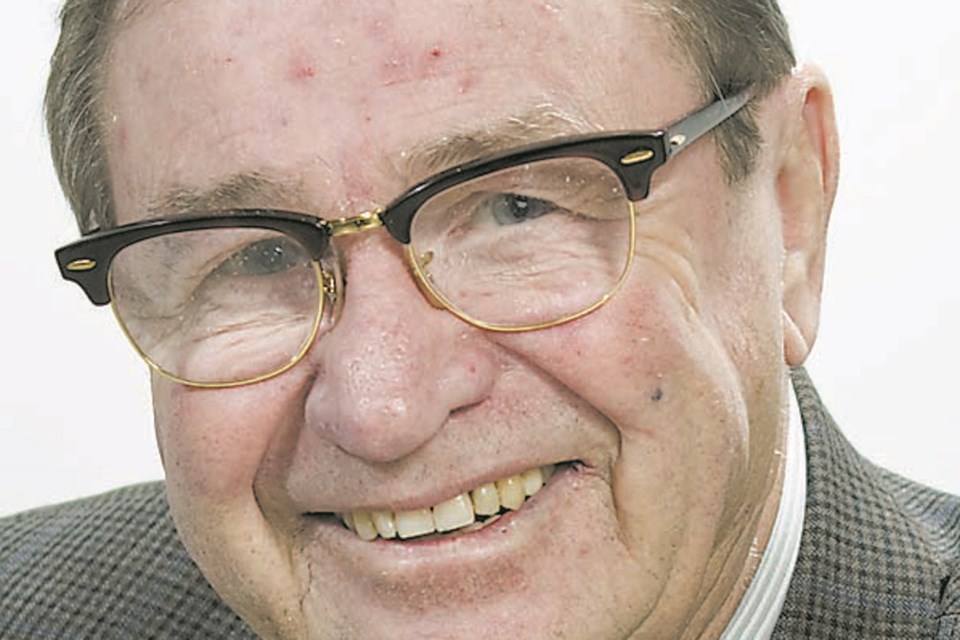But we got plans, plenty and plenty of plans. If there is one thing the City of St. Albert is well known for (some say to the level of excess), it is our passion for planning. Indeed, for some decades now, successive councils, faced with public pressure or uncomfortable recommendations from city staff, have resorted to hiring consultants or directing staff to develop plans for action – many of which been reverently accepted, praised and consigned to the city’s archives.
And so it is that we are once again in a multiyear planning mode, this time recreating our municipal development plan (MDP). Given the compelling title of ‘Flourish’, the purpose is to develop, at last, a comprehensively critical roadmap to ‘shape how the city grows and develops to a population of 100,000’. This crucial exercise will then give a new home to the once controversial Downtown Area Redevelopment Plan (DARP) of 2010 and, indeed, also the Oakmont area structure plan of 2013. It is an excellent and potentially critical initiative.
The document lays out the hierarchical guideposts needed to establish certainty, predictability and fairness as city administration and council review proposals that require them to call on our land use bylaw rules and application process. Only then will we be able to rationally deal with land developers who are the ones presently controlling and driving our residential and business real estate decision-making and construction.
Started in the fall of 2018, the process for adopting the MDP is well on its way to completion and has gone through several rounds of public engagement already. More public participation was scheduled for April but had to be suspended as COVID-19 came upon us. The plan also must be submitted for review and approval to the Edmonton Metropolitan Region Board before going to council for final review/amendment/adoption.
Interestingly, though, development proposals that require amendments to the city's land use bylaw continue to be processed and approved unabated, complete with public hearings. Unhappily, attempts to have meaningful public participation in proposals that affect neighbourhood property values, traffic, noise and access to sunlight have been chronically approached in a recurrent we/them relationship. At a recent public hearing for a residential high rise in South Riel, presentations by adjacent homeowners were met mainly with condescending patience. Indeed, one councillor became so dismayed at the proceedings that he pronounced that the discourse was severely upsetting his stomach to the point of disgorging his luncheon.
But let us be fair to all concerned. Participatory planning in land use community developments is not a meeting of equals. In our current system, land developers come with the money and the plans; city bureaucrats have control of the rules; city governors dislike giving up or sharing the power; and public involvement in the decision-making process has been handled through marginalization by inclusion.
And so, in order to try to have a meaningful role in the process, public participants go to the media, lobby or threaten the governors with removal, or lead a protest parade of fellow citizens. In the end, however, cynicism sets in as neighbours of the development realize their input is to be listened to and then ignored. Their concerns are allowed to be voiced because in a democracy everyone has a right to speak their piece. Our land use bylaw system just allows them to be disregarded.
Clearly the present process of handling land development proposals is unpopular, uncomfortable, unfair and dictatorial. And it will remain so unless and until city council adopts an MDP that provides clearly understood roadmaps for community development and fair rules for modifications. Only then will St. Albert citizens have the right to be treated as owners of our city rather than rent-paying tenants of property owned and controlled by city hall in partnership with land developers.
We await with interest the proceedings and outcome of the upcoming digital public hearing on the Riverbank Landing development on June 22, to be held at 9 a.m.


